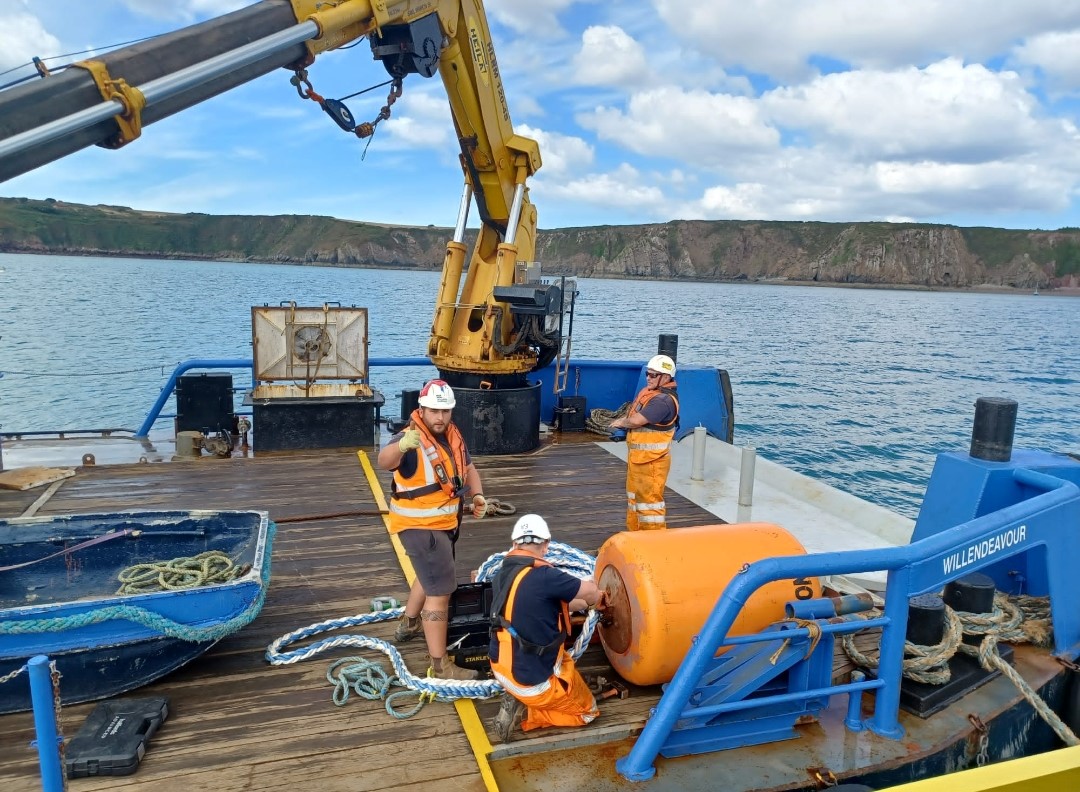Level 3 Small Commercial Vessel Crewmember
Course Overview
This occupation is found in a wide range of specialist vessels, both commercial and military such as tugs, multi-purpose workboats, aquaculture and fast pilot boats. It also covers crew transfer vessels that take personnel out to vessels or installations offshore.
Small Commercial Vessels operate in varying marine environments such as construction of offshore windfarms, providing a range of services within a port or inland waterways, including surveys, towage and acting as support vessels in major salvage operations and wreck removal.
Our Small Commercial Vessel Crewmember apprentice program incorporates all aspects of the Apprenticeship Standard and additional RYA/MCA qualifications over two years.
|
Course Length |
18 - 24 months |
|
Levy Funding |
Maximum £22,000 - Non-levy employer contribution (5%) |
|
Qualifications |
Level 2 Diploma in Maritime Studies |
| Apprentice Eligibility |
Have the right to work in England. Be 16 or older. Enthusiasm and a willingness to learn your chosen trade. Dedication and commitment to coursework and the job. English and Maths to GCSE (or equivalent) grade C or 4 (16 -18 year olds ONLY). If not, Marine Society will assist you in gaining these qualifications during the apprenticeship. |
By the end of the apprenticeship, a small commercial vessel crewmember will be able to do the following:
- Communications – including use of VHF and UHF radios.
- Navigation and vessel handling – the ability to manoeuvre the workboat and check position using bridge equipment.
- Berthing – bring workboat alongside and handling mooring ropes to secure the workboat.
- Towing operations and laying moorings.
- Personnel transfers – ensuring all precautions are taken to allow the safe transfer to other boat or structure.
- Cargo handling – assist in slinging of loads, crane operations.
Career Options and Progression
Small Commercial Vessel Crewmember apprentices gain a Skippers licence for commercial vessels under 24m giving the opportunity to a career pathway to higher-level skippers certificates.
By the end of the training, apprentices should have the required underpinning knowledge, have the relevant sea service to gain a recognised skippers certificate for commercial vessels up to 24m in length and have a host of recognised certificates that employers around the world require.
Timings may alter slightly due to weather conditions, practical aspects of the course and employer schedules.
Our Employers
Further information
Apprenticeship Standard and End Point Assessment
Level 2 Maritime Studies: Workboats
Funding opportunities - Maritime Educational Foundation (meftraining.org)










